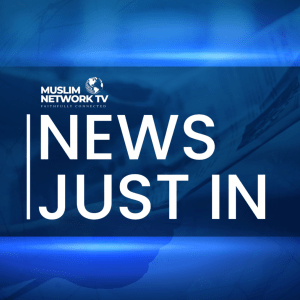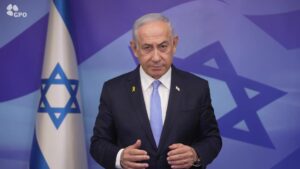EU concerned about security developments in Kosovo: European Commission spokesman
BELGRADE, Serbia (AA) – The European Union is concerned about the security situation in northern Kosovo and is monitoring it closely, a European Commission spokesman has said.
Muslim-majority Kosovo has begun deploying more police units to the north of the country as tensions are escalating between ethnic Serbs and the Kosovar government in Pristina.
The move was criticized by Serbian authorities as an attempt to “invade” the north of the country and they said it was against the Brussels Agreement.
“Of course, we condemn all violent incidents and attacks. The EU and its member states call for responsibility and de-escalation because it is necessary, primarily for the sake of the citizens there,” said Peter Stano.
He added that the European Union Rule of Law Mission in Kosovo (EULEX) and NATO’s Kosovo Force (KFOR) have their roles to “provide the second or third level of protection.”
“They are on the ground and patrolling closely and monitoring the situation,” he said.
Serbian Prime Minister Ana Brnabic earlier in the day said that her country will “demand a return of its armed personnel to Kosovo under UN Resolution 1244.”
Explosions in northern Kosovo
Explosions and sirens were heard in cities in the north on Tuesday ahead of early elections on December 18 in four municipalities in Kosovo.
Forces affiliated with EULEX had increased their presence on the Iberian Bridge connecting the southern and northern sides of the city of Mitrovica.
Officials with the Kosovo Central Election Commission (KQZ) went to their offices in the north accompanied by police but were unable to enter.
Tensions between Serbia and Kosovo flared last month when ethnic Serbs in Kosovo withdrew from all central and local institutions to protest the decision to replace car license plates issued by Serbian authorities with those from Kosovo.
Muslim-majority Balkan republic Kosovo declared its independence from Serbia after a long struggle for self-determination against oppression and ethnic apartheid in 2008. Most UN member states, including the US, the UK, France, Germany and Türkiye, recognize Kosovo as an autonomous country but Serbia continues to insist that Kosovo is its territory.









